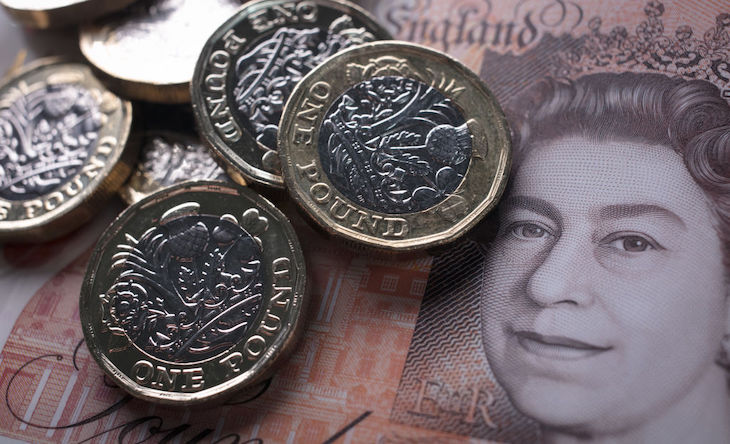Are chief executives overpaid? The High Pay Centre thinks so. Every January, it releases data showing the huge inequality between top UK CEOs and average workers. The results are startling: ‘Bosses of Britain’s biggest companies will have made more money in 2024 by lunchtime on Thursday than the typical worker will all year,’ according to the BBC, which wrote up the story showing that top bosses’ average reward amounts to £3.81 million a year. But is this disparity with the £34,963 annual median wage for full-time workers really a surprise?
The truth is that this pay gap is an obvious feature of a free market where top pay in business is associated with great responsibilities and considerable stress. Of course, some CEOs prove incompetent or betray the trust of their shareholders and last year provided the usual crop of examples. But the market generally punishes the duff and the crooked. Most CEOs work hard and deserve to be paid accordingly.
FTSE-100 CEOs are paid roughly in line with their counterparts in other similar European countries such as Germany and France, though considerably less than equivalents in the USA. Much high pay in all countries is now performance-linked in one way or another.
If we somehow stopped these people earning large amounts, many of them – footballers or CEOs – would leave the country
In relative terms, top executive pay in Britain has not increased significantly recently, so the HPC has no big reveal to hit the headlines. But they make a splash by presenting their findings in terms of the number of days it takes the median FTSE-100 CEO to earn the median average annual salary. This seems to amount to three working days on the HPC’s calculation. The TUC is suitably outraged; its general secretary Paul Nowak claims that this shows the need to impose worker representatives on company boards – a notion, incidentally, that Theresa May flirted with.
The figures published this week certainly make for a striking comparison, though this pay gap pales into insignificance compared with that for some other top earners. Footballer Jack Grealish has been in the news recently as a result of a break-in at his luxury home. The Manchester City midfielder is currently paid £300,000 a week, which means that he earns the average working person’s annual salary in one morning’s training session. Not bad for a player who spends most of his game time dribbling round in circles, hoofing the ball over the bar and pretending to be tripped up. Good luck to Jack though, and good luck to highly-paid CEOs. They pay stonking amounts in taxes: the top 1 per cent of all earners in this country pay almost 30 per cent of income tax. If we somehow stopped these people earning large amounts, many of them – footballers or CEOs – would leave the country; a high proportion of both are foreign nationals and are here for the money, not the weather and Saturday night TV. Even if they all stayed here and grumbled, we’d most likely end up paying higher taxes as a consequence.
The High Pay Centre has conducted research showing that three quarters of people think top earners should not be paid more than 20 times their low and middle earning colleagues. But quite how this policy should be achieved is unclear. Shareholders in companies operating in international markets are unlikely to vote for something which would tie their hands behind their back in competing for talent. More than a decade ago, the coalition government asked Will Hutton, a strong critic of high pay, to report on possible legal restrictions on public sector pay, where there is less international competition. But Hutton specifically ruled out a 20-times rule even for public servants, pointing to various likely unintended consequences.
If a law linked CEO pay to average pay within a firm, it would mean that CEOs in the financial sector, where average pay is high, could be paid more than CEOs in retailing, where the average is much lower. It would also incentivise businesses to outsource low-paid work to boost average pay and thus allowable CEO pay. More restrictions would be necessary to prevent this.
Any rule for CEOs would also have implications for pay below that level. In many big companies functional heads – accountants, lawyers and the like – are paid more than £700,000 a year. Presumably their pay, and that of all their subordinates, would have to come down too. The entire pay structure of private business would be affected, with unforeseeable consequences for the efficiency of the labour market and productivity.
So, though the High Pay Centre’s reports offer everybody an annual opportunity to whinge about undeserving ‘fat cats’, its analysis will never a useful guide to policy. If a new Labour government wants to push in the direction of greater equality, it is likely to stick to the familiar mix of increased taxes (which will hit footballers as well as CEOs) and welfare benefits.





Comments